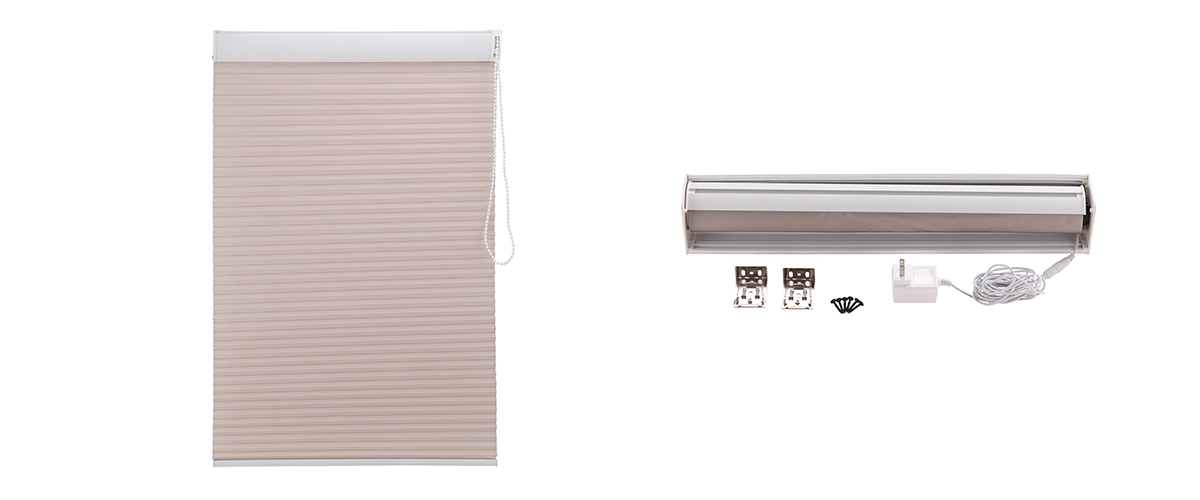Sun shading, blackout, light, simple, these are the evaluation given by consumers to shading window treatments, but also its functional attributes that distinguish it from ordinary window coverings.
If you have not formed a systematic concept of indoor shading, then you should read this article carefully, the following covers the more common types of shading window treatments.
Roller Blinds
Solar Shade is a roller shade that effectively blocks glare from entering the room and has its own light transmission, view transmission and temperature adjustment. Solar shade roller blinds can be used in various architectural decorations according to different needs, such as villas, office buildings, business buildings, hotels, high-end factory shading, etc.
Advantages: can block the strong light, visible outside (common light transmission rate: 3%, 5%), with up and down lift function.
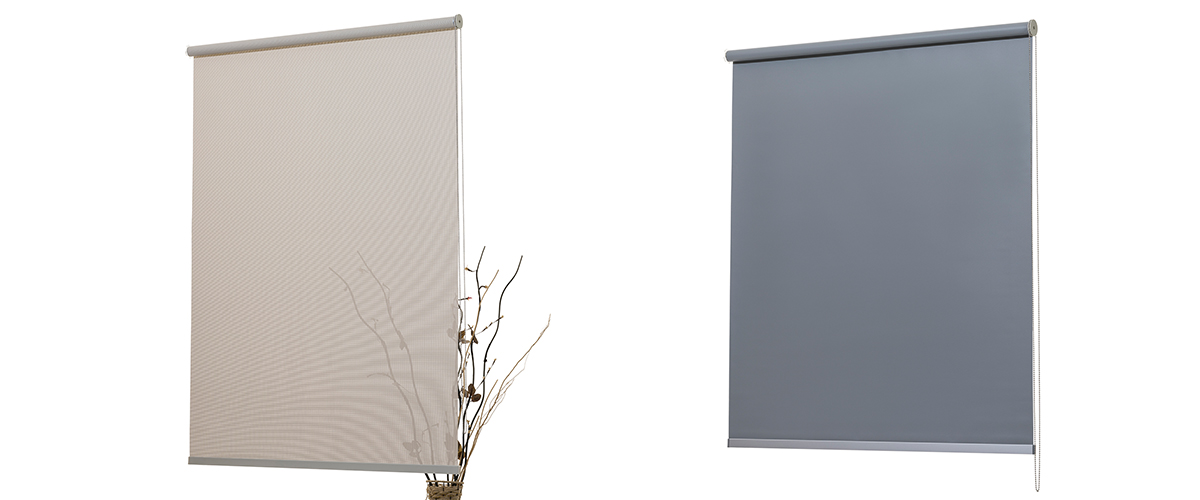
Zebra Blinds
Dimming shades (also known as soft yarn shades, zebra shades, double roller shades, rainbow shades, etc.). It is a kind of dimming striped curtain using transparent yarn and opaque fabric interlaced into each other, which can adjust the light level by overlapping and staggering two horizontal strips with different light transmission on two layers of fabric.
Advantages: adjustable brightness, with good ventilation, and up and down lift function.
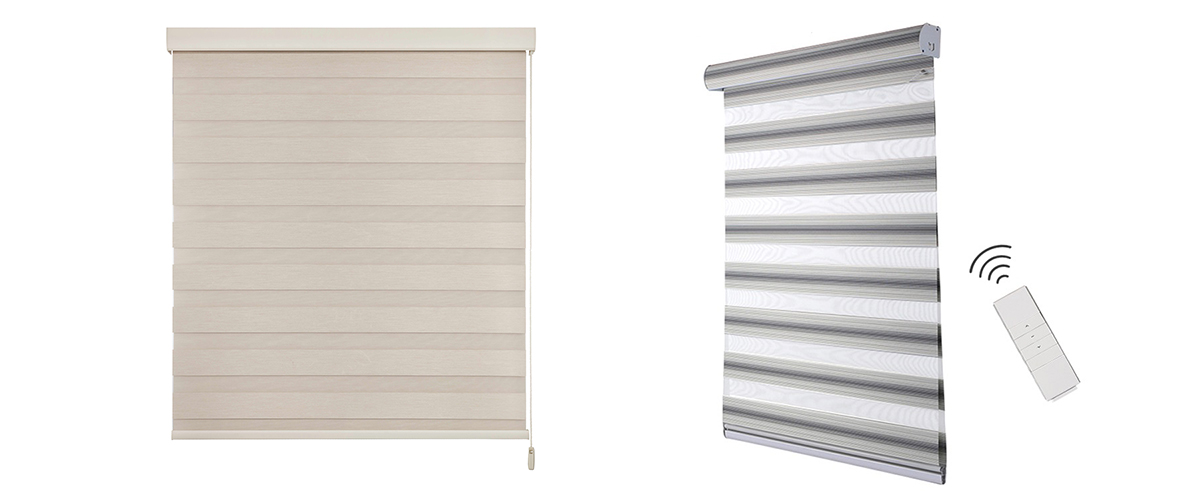
Roman Shade
Roman shades, is in the fabric through the horizontal rod, so that the fabric texture appears stiff, give full play to the texture of the fabric; compared to the roller blinds, Roman shades have a sense of hierarchy, the shape can be divided into folding, fan form, wave type, etc., its decorative effect is good, adding an elegant antique beauty for the window. There are many materials that can be used as Roman shades, pure natural bamboo can also be used to do Roman shades.
Advantages: beautiful, soft atmosphere, with up and down lift function.
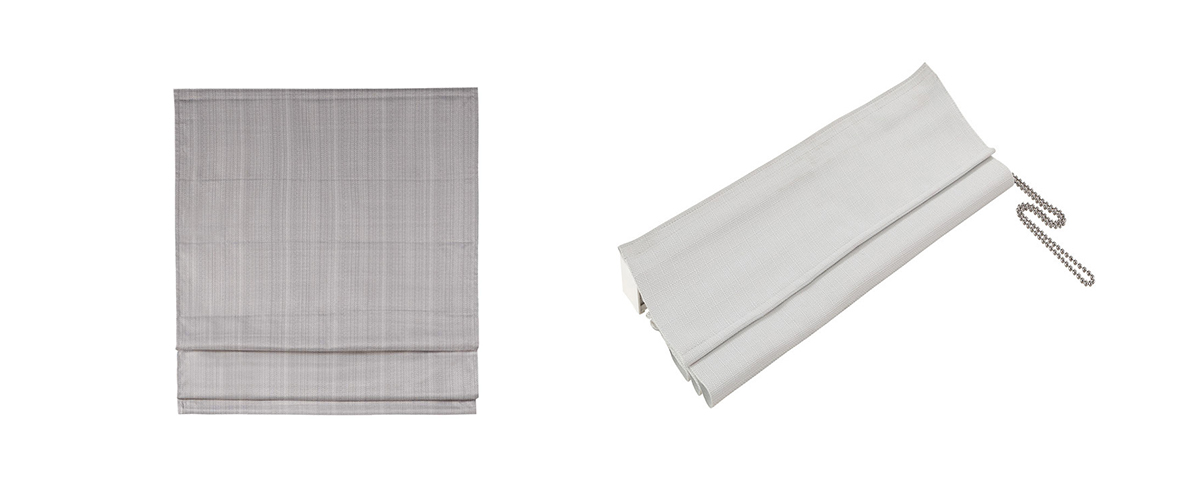
Shutters
Shutters originated from China. In ancient Chinese architecture, vertical latticed windows were called straight latticed windows and horizontal latticed windows were called horizontal latticed windows, which is a kind of original appearance of shutters. The material of shutters can be wood, bamboo, aluminum, PVC plastic, etc. Unlike the ancient louvered windows, the louvers of modern shutters are movable and can be made into individual rotating dimming or overall linkage dimming.
Advantages: good ventilation and ventilation, durable and dimmable.
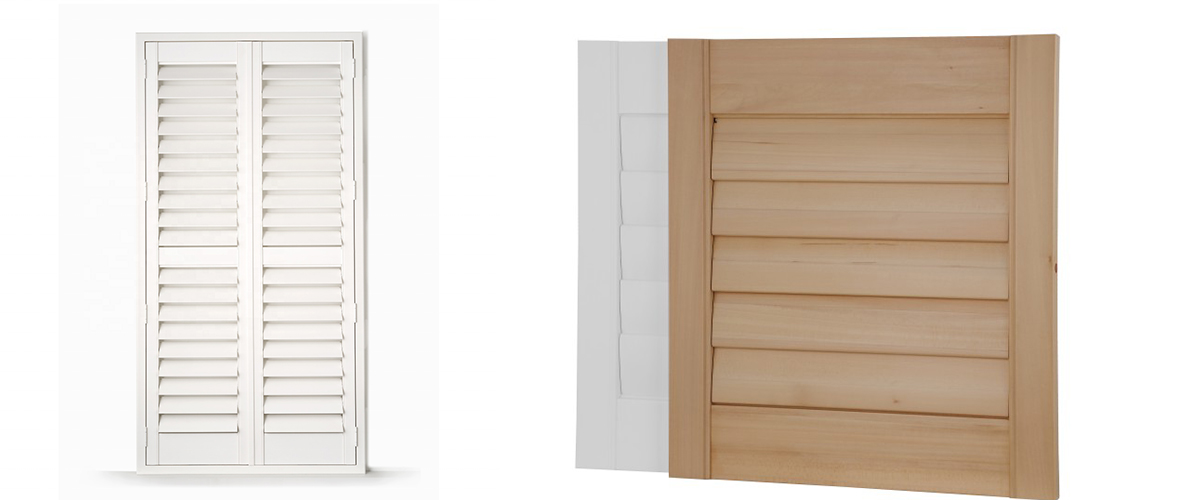
Venetian blinds, commonly used aluminum, PVC plastic, wood and bamboo lacquer-based processing and production, the curtain has a flip function, can accurately adjust the degree of natural indoor lighting, according to the needs of indoor users to adjust the light to take in, with durable and always new, easy to clean, not aging, not fade, shading, breathable and other characteristics.
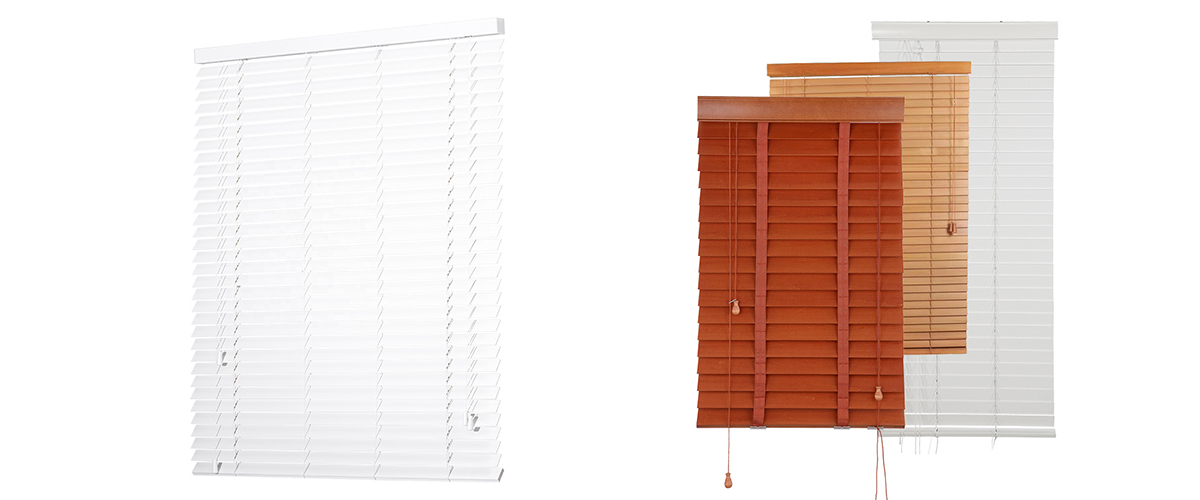
Vertical blinds are named after the blades that hang vertically from the top rail and can be dimmable to achieve shading purposes. According to the different materials, it can be divided into: PVC vertical blinds, fiber fabric vertical blinds, aluminum vertical blinds and bamboo vertical blinds, etc.
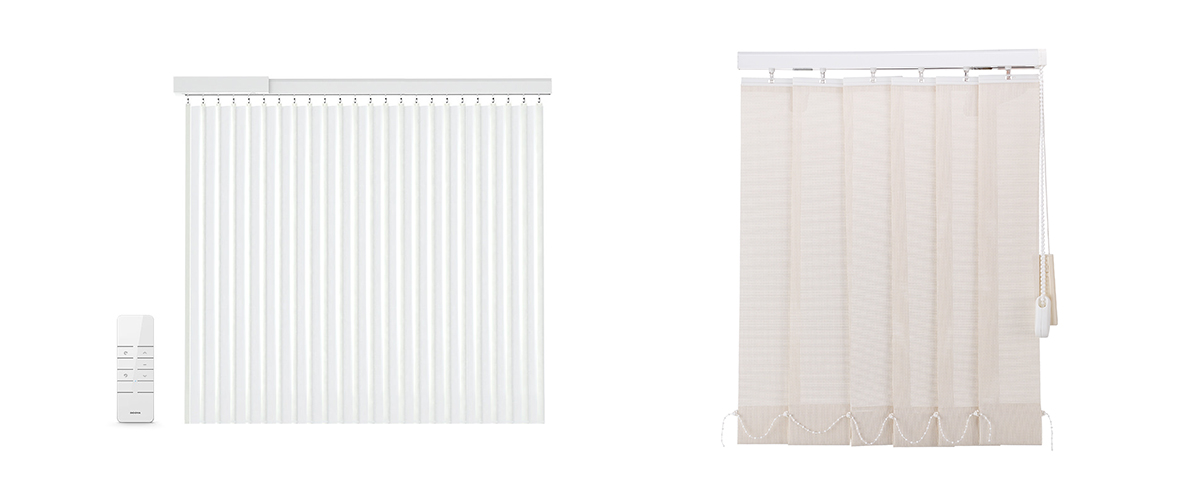
Honeycomb Shades
Honeycomb shades, also known as organ shades, are a new type of internal shading curtains, whose main feature is a unique honeycomb structure, forming a barrier level that allows the air to stop in the honeycomb holes, thus increasing the heat transfer thermal resistance of the curtain, with good thermal insulation; in addition, the honeycomb structure also has a good sound insulation effect.
Advantages: very good thermal insulation, good sound insulation, up and down function.
